Protein Shakes For Weight Gain: Recipes, Dosage, & Precautions
Beef up your arms and bulk up your legs with the best healthy, nutritional formulae.
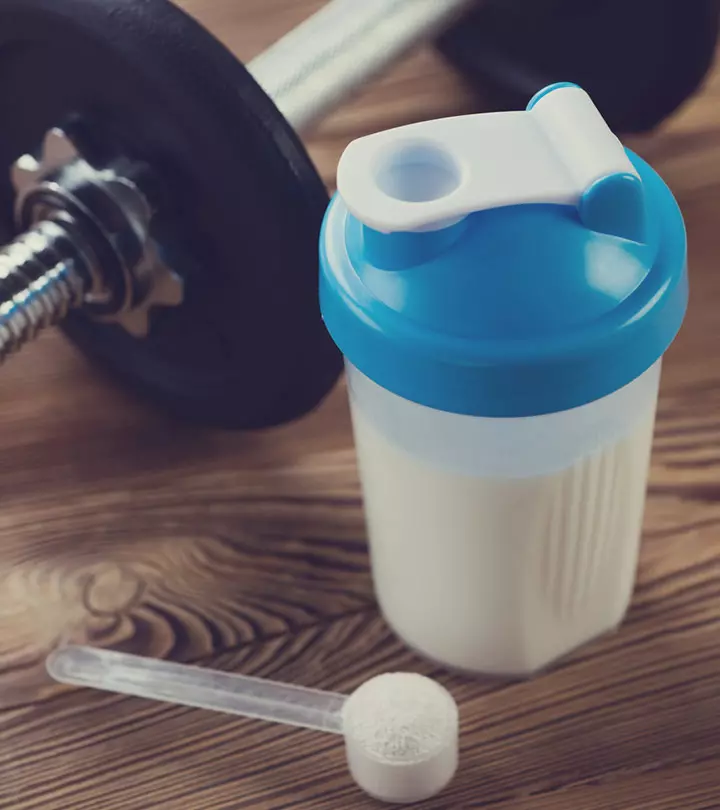
Image: Shutterstock
Many fitness enthusiasts rely on protein shakes for weight gain. The reason is that they boost muscle mass. People with high metabolisms or individuals who have lost weight due to an underlying condition benefit immensely from them. A protein shake is a healthy, calorie-dense meal that is easy to make at home. However, it needs to be supplemented with all necessary macronutrients. Read on to learn how protein shakes aid weight gain, how much protein you need daily, and how to make simple protein shakes at home.
 Did You Know?
Did You Know?In This Article
How Much Protein Do You Really Need?
The Recommended Daily Allowance (RDA) of protein is 0.8 to 1 g per kg of body weight (1). However, the quantity of protein intake may vary depending on age, sex, and lifestyle.
For instance, a person with a sedentary lifestyle may need less protein than someone with an active lifestyle. So, it is always best to consult a doctor to determine the ideal protein requirement of your body and then modify your diet.
While you can consume protein-rich foods like yogurt, milk, kefir, chia seeds, hemp seeds, almond butter, tofu, and soy milk to meet your daily protein requirements, you can also drink protein shakes.
People with a high body metabolism often find it tough to build muscle mass and gain weight. Various underlying conditions may also cause extreme weight loss. In such cases, a balanced diet coupled with protein shakes can yield visible results and help you gain weight. Let’s find out how.
Key Takeaways
- Protein shakes can help fulfill the regular dietary protein requirements.
- You can choose from various protein sources, such as hemp, egg, or whey, to make your shake.
- Even when combined with a balanced diet, they can promote weight gain.
Can Protein Shakes Help You Gain Weight?
Yes, many people consume different variations of protein shake for weight gain. However, you should not solely rely on protein shakes. It should be balanced/coupled with a healthy diet and an active lifestyle. Consuming protein shakes after a workout helps build muscle mass and boosts exercise performance in individuals who train regularly (2).
Some studies demonstrated that consuming protein supplements, especially whey protein, can maximize lean muscle mass in people who do resistance training. This bodybuilding supplement also improves upper and lower body strength and promotes steady weight gain (3).
Excess and unregulated consumption of protein shakes may affect your health. Let’s find out how.
Things To Know Before Consuming Protein Shakes
Moderate consumption of protein shakes is likely to be safe. However, excessive and unregulated consumption of protein supplements and shakes may trigger food allergies (4).
Excess protein may also cause side effects like bone disorders, kidney malfunction, bloating, vomiting, and coronary or artery-related problems (5).
Hence, consume protein shakes in moderation and always consult a doctor before incorporating it in your diet to prevent major side effects.
Now that you are familiar with what to consider before consuming protein shakes, you should learn some practical tips to make them a regular part of your diet. Scroll down to know more!
Tips For Incorporating Protein Shakes Into Your Daily Routine
- If you are short on time or prefer to consume something lighter in the morning, think about having a protein smoothie. You can add oats, nuts, or fruits to make it more filling and healthful.
- Consume a protein smoothie to help with muscle repair and energy restoration after exercising.
- Try a protein shake as a healthy snack alternative between meals to curb oversnacking, reduce hunger pangs, and prevent overeating during your next meal.
- Keep protein drinks on hand so you can fulfill your dietary objectives on hectic days when it is not possible to prepare a balanced meal.
- Try using different ingredients, such as nut butter, cinnamon, or cocoa powder, to create different flavors. This will help you stay on track and prevent you from getting bored of consuming these drinks.
Different types of protein supplements are available and can be taken as per the need and requirements of an individual.
Types Of Protein Powders
- Whey Protein: It is a by-product of the cheese-making process. The liquid (whey) that remains after cheese is collected, processed, and dried to get a powder that helps in muscle building. Whey protein tastes bitter and is, hence, mostly available in flavored forms.
- Casein Protein: Casein is extracted from milk and is used to supplement body mass development and boost muscle growth.
- Hemp Protein: It is derived from hemp seeds and is suitable for those who do not prefer animal-derived protein (vegans). Hemp seed protein contains various minerals and vitamins to promote proper body and muscle growth.
- Egg Protein: Egg protein powder is made from egg whites. Although it is an excellent source of protein, the absence of high-fat yolks may not give a sense of fullness.
- Pea Protein: People with allergies to dairy or eggs mostly choose pea protein powder. It is derived from yellow split peas, a highly nutritious legume. Pea protein powder gives a sense of fullness and increases muscle growth and strength.
- Brown Rice Protein: Brown rice protein powder has been around for a while, but it is considered inferior to whey protein in building muscle. Rice protein contains all of the essential amino acids. However, it contains trace amounts of lysine and does not qualify as a complete protein supplement. You may consume brown rice protein powder for its essential nutrient value.
- Soy Protein Powder: Soy protein powder is prepared by processing defatted soybean flakes, washed in either water or alcohol to remove sugars and fiber. The dehydrated flakes are made into powder. People prefer it for its low-fat content.
 Trivia
TriviaThese high-calorie shakes, often made with mass gainers or weight gain supplements, are packed with essential proteins and nutrients to support muscle growth and aid in muscle recovery. Protein powders contain certain amounts of calories, and the quantity should match your recommended daily calorie intake. Scroll further to learn how many calories you will get from different protein powders.
How Many Calories Will You Get From Protein Powders?
The calories in different protein powders vary depending on the ingredient. Here is the calorific value of various protein powders per 100 grams (6), (7), (8), (9), (10):
| Type Of Protein Powder | Calories |
|---|---|
| Whey protein powder | 356 kcal |
| Brown rice protein powder | 353 kcal |
| Soy protein powder | 357 kcal |
| Pea protein powder | 400 kcal |
| Hemp protein powder | 387 kcal |
You can prepare homemade protein shakes easily! All you need to do is pick your protein powder according to your daily calorie needs. They are a healthy addition to your diet and help you recover from post-workout lethargy. Here are a few tasty and healthy recipes to try.
Homemade Protein Shake Recipes
Ready to ditch the store-bought stuff and whip up your own delicious protein shakes at home? Here are some easy homemade protein shakes packed with all the good stuff and no additives, just pure and tasty fuel for your body. Check them out!
1. Chocolate Almond Butter Weight Gainer
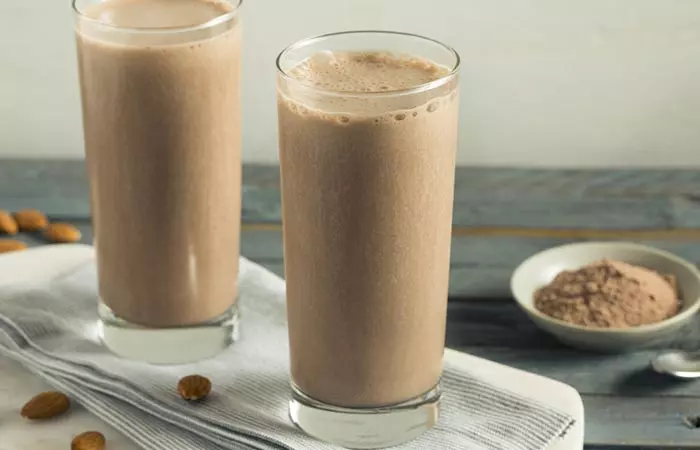
What You Need
- 500 mL milk
- 50 g dark chocolate
- 3 tablespoons of almond butter
- 2 tablespoons of whey powder
How To Prepare
- Boil milk and let it cool down completely.
- Add all the ingredients to the milk and mix well.
- You can also blend them in a blender.
- Serve it at room temperature or chilled.
2. Beet Protein shake
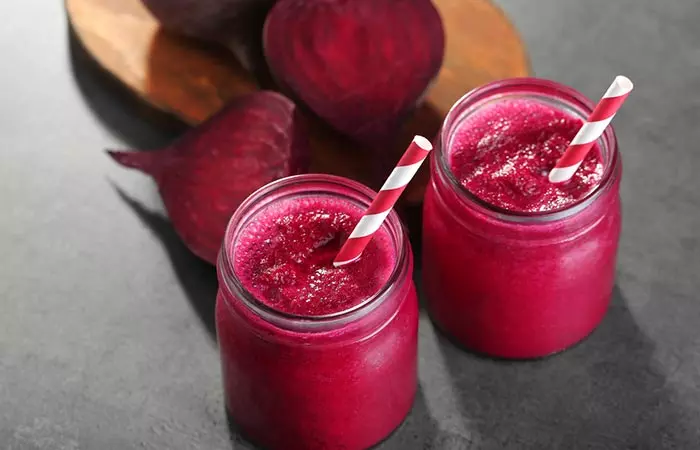
What You Need
- ½ cup of yogurt
- ½ cup of milk
- 1 scoop of soy protein powder
- 1 carrot (chopped)
- 1 beetroot (chopped)
- 1 small banana
How To Prepare
- Boil the milk and let it cool down completely.
- Pour all ingredients into a blender and make a smooth paste.
- Serve immediately.
 Quick Tip
Quick Tip3. Turmeric Mango Shake

What You Need
- 1 cup of yogurt
- 2 tablespoons of peanut protein powder
- 2 big slices of mango
- 1 teaspoon of turmeric
How To Prepare
- Put all ingredients into a blender and blitz for a few minutes.
- Pour the smoothie into a glass and enjoy.
Carol Taylor, a blogger, shared why she decided to make her own homemade protein concoction on her blog: “I know many people who exercise take these so I thought I would do a little research and make my own. Cost-wise, it is a no-brainer against the cost of most protein powders (i).”
You can buy protein powders from the market or prepare them at home. Homemade protein powders are easy to prepare with simple ingredients and are perfect for those following a high-protein diet. Keep scrolling to check out the recipes.
Homemade Protein Powder Recipes
1. Roasted Seeds Protein Powder
What You Need
- 4 tablespoons of chia seeds
- 5 ½ tablespoons of flaxseeds
- 8 tablespoons of pumpkin seeds
- 5 ½ tablespoons of sunflower seeds
- 4 tablespoons of almonds
- ½ cup of oats
- 4 tablespoons of chickpeas
Method
- Dry roast almonds, flaxseeds, sunflower seeds, and oats for 4-5 minutes on low flame.
- Put all the ingredients in a blender and grind to a fine powder.
- Store the powder in an airtight container and use it as needed.
2. Dry Fruits And Soy Protein Powder
What You Need
- 1 cup of almonds
- 1 cup of pistachios
- 1 cup of cashews
- 1 cup of soya bean chunks
- 5 tablespoons of turmeric
- 3 tablespoons of nutmeg powder
- 3 tablespoons of saffron
What You Need
- Roast almonds, soya bean chunks, cashews, and pistachios in a pan and let them cool down.
- Roast the saffron strands separately on low heat.
- Put all the ingredients in a blender and powder them.
- Store this in an airtight container and use it as needed.
Protein shakes may be a healthy addition to your diet. However, you should be careful about the frequency of consumption. It is always advisable to have protein shakes according to the need and weight goals.
When And How Often Should You Take Protein Shakes?

If you exercise regularly, especially strength training, take protein shakes once daily, preferably post workout with one to two scoops of protein powder. In the following sections, we have answered a few questions that you may have.
Can Too Much Protein Shake Make You Fat?
Yes. According to anecdotal evidence, consuming too much protein may make you fat. It is because the body converts it to sugars, which may be stored as fat.
Can You Drink Protein Shakes If You Do Not Work Out?

Yes. Proteins are essential for a healthy body and mind, and protein shakes may help in meeting daily protein requirements. You can take protein shakes based on your lifestyle habits. Brenda Peralta, RD says, “If you work out, you must consume 1.5 g of protein per kg of your body weight. This can go up to 2.2 g/kg of body weight, depending on your fitness goals.” She further adds, “An inactive person needs 0.8 g of protein per kg of the body weight. However, if you are trying to lose weight but don’t exercise, consume 1.5 g of protein per kg of the body weight.”
If you have any underlying health or medical condition, it is better to consult the doctor before including protein shakes in your diet.
It is effective to consume protein shakes for weight gain. Protein shakes, with their quick-to-prepare nature, have become a staple in weightlifting nutrition and post-workout nutrition. They are great energizers and improve exercise performance. It doesn’t matter whether it’s the ubiquitous whey protein powder, hemp protein powder, or soy protein powder, because they are all good natural protein sources. You must consume protein shakes if you follow a good workout routine and have a balanced diet for maximum benefits. Consult your nutritionist or fitness expert to determine your body’s protein requirements, and then choose a suitable protein shake.
Frequently Asked Questions
Can you gain weight fast with protein shakes?
Yes, protein drinks can help people gain weight, but they must be combined with excess calories from a healthy diet and regular exercise for effective results. If not done properly, increased fat instead of muscle may come from rapid weight gain.
Can I drink 3 protein shakes a day to gain weight?
For most people, drinking anywhere from 1 to 3 protein shakes per day is enough to meet their nutritional requirements.
How long does it take to gain weight with protein shakes?
It may take up to 6 weeks for you to gain weight with protein shakes.
Illustration: Protein Shakes For Weight Gain: Recipes Dosage & Precautions
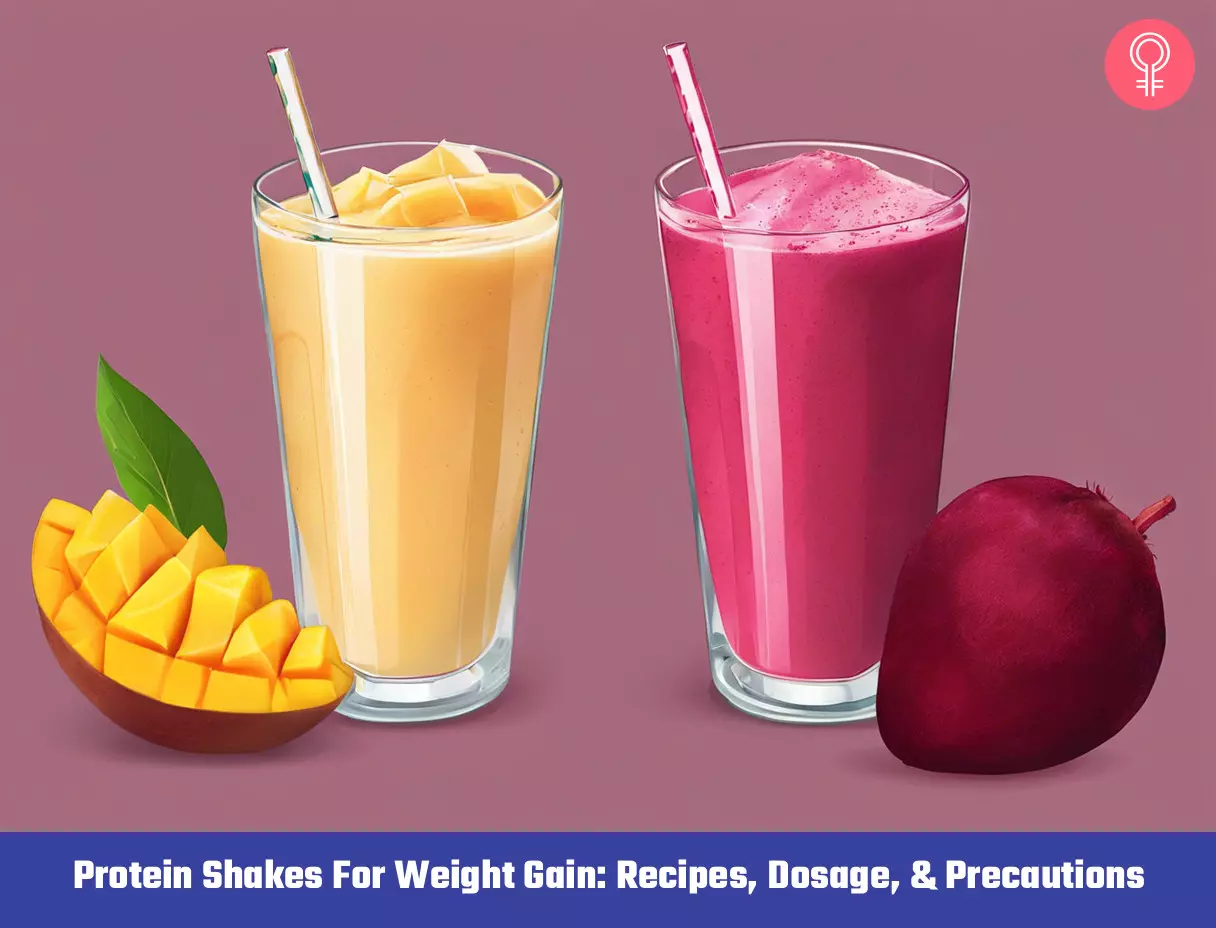
Image: Stable Diffusion/StyleCraze Design Team
Do you want to reach your weight-gain goals with natural ingredients? Take a look at the video below for a delicious homemade protein shake recipe that can help you bulk up.
Personal Experience: Source
StyleCraze's articles are interwoven with authentic personal narratives that provide depth and resonance to our content. Below are the sources of the personal accounts referenced in this article.
i. Papaya and Custard Apple Protein Shakehttps://carolcooks2.com/2018/07/24/papaya-and-custard-apple-protein-shake/
References
Articles on StyleCraze are backed by verified information from peer-reviewed and academic research papers, reputed organizations, research institutions, and medical associations to ensure accuracy and relevance. Read our editorial policy to learn more.
- Protein for Life: Review of Optimal Protein Intake Sustainable Dietary Sources and the Effect on Appetite in Ageing Adults
https://www.ncbi.nlm.nih.gov/labs/pmc/articles/PMC5872778/ - The effects of protein supplements on muscle mass strength and aerobic and anaerobic power in healthy adults: a systematic review
https://pubmed.ncbi.nlm.nih.gov/25169440/ - Effects of Whey Protein Alone or as Part of a Multi-ingredient Formulation on Strength “Fat-Free Mass” or Lean Body Mass in Resistance-Trained Individuals: A Meta-analysis
https://pubmed.ncbi.nlm.nih.gov/26403469/ - Allergic Reactions Associated with Ingestion of Protein Supplements
https://irispublishers.com/accs/pdf/ACCS.MS.ID.000547.pdf - Adverse Effects Associated with Protein Intake above the Recommended Dietary Allowance for Adults
https://www.hindawi.com/journals/isrn/2013/126929/ - 100% Whey Protein Powder
https://fdc.nal.usda.gov/fdc-app.html#/food-details/584345/nutrients - Brown Rice Protein Powder
https://fdc.nal.usda.gov/fdc-app.html#/food-details/553777/nutrients - Soy Vegan Protein Powder
https://fdc.nal.usda.gov/fdc-app.html#/food-details/553795/nutrients - Organic Pea Protein Powder
https://fdc.nal.usda.gov/fdc-app.html#/food-details/1744066/nutrients - Hemp Protein Powder
https://fdc.nal.usda.gov/fdc-app.html#/food-details/669938/nutrients
Read full bio of Dr Archana Batra
Read full bio of Aparna Mallampalli
Read full bio of Ravi Teja Tadimalla
Read full bio of Sindhu Koganti









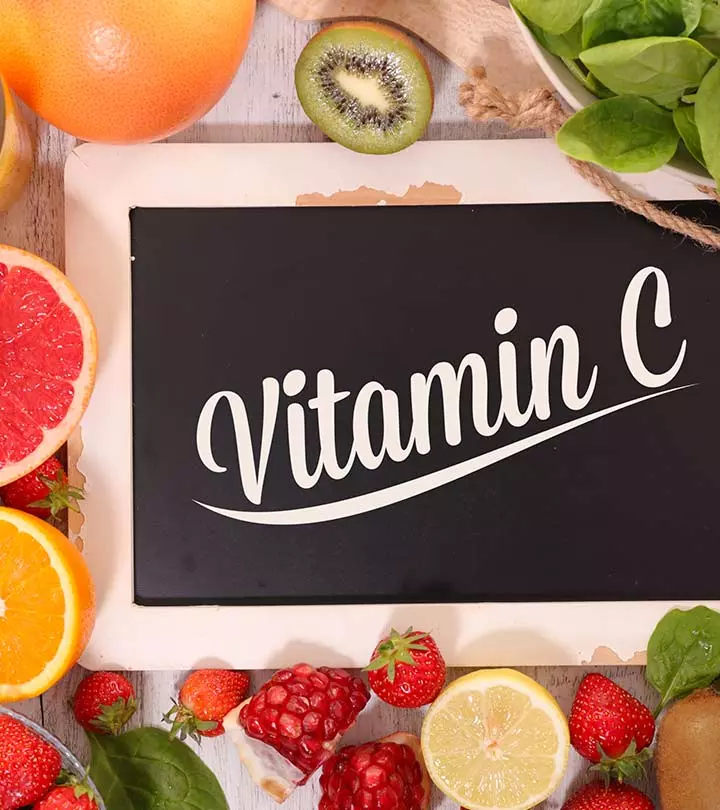


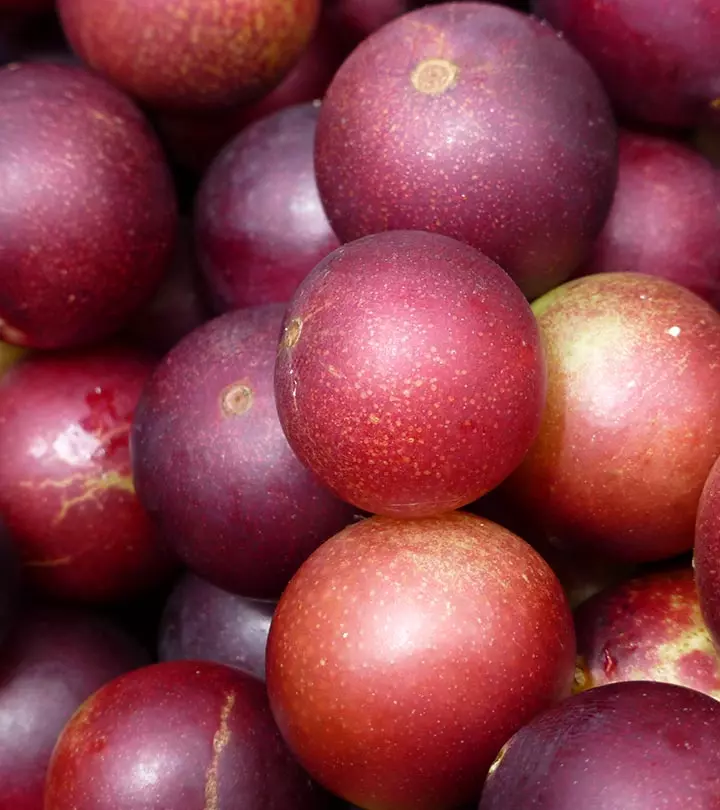
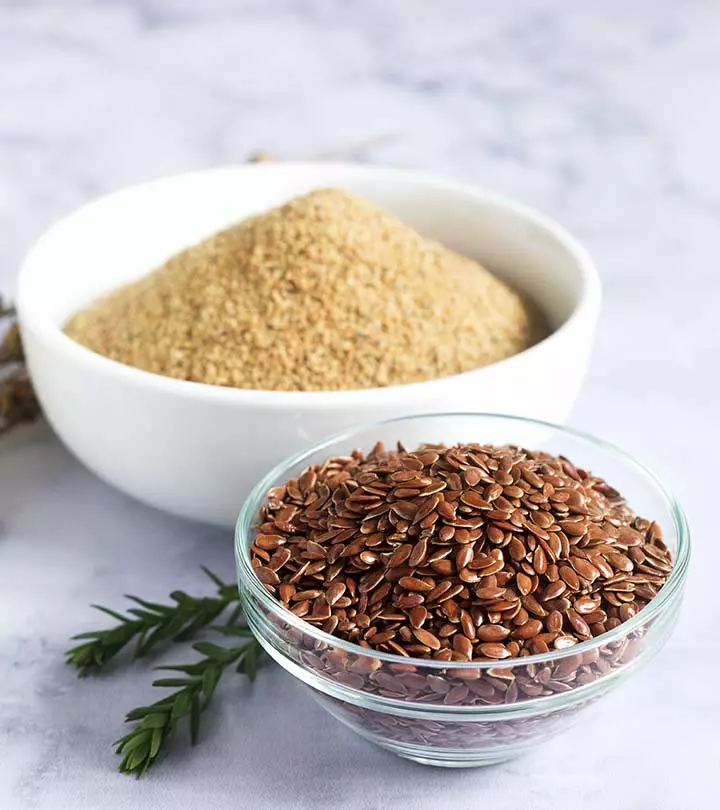
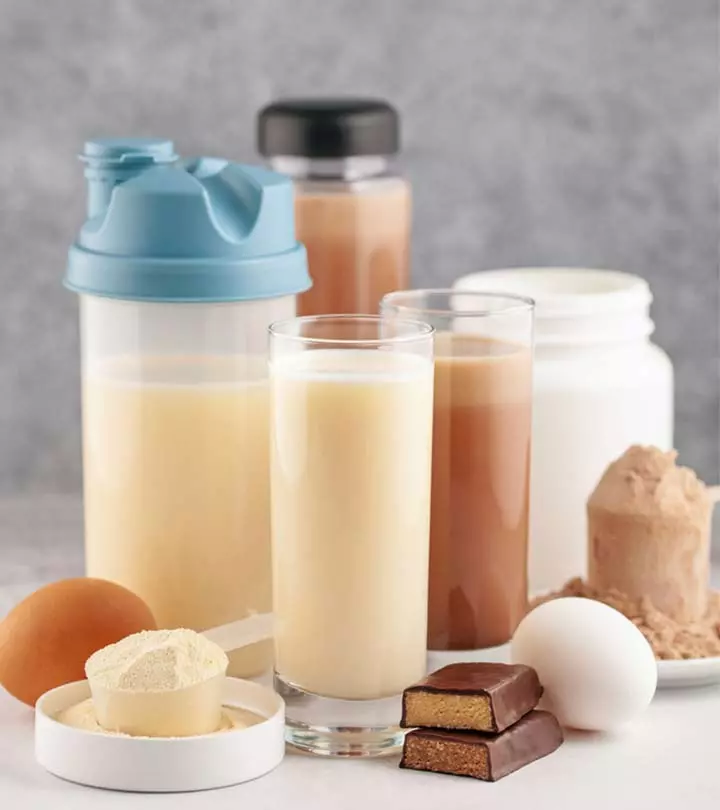
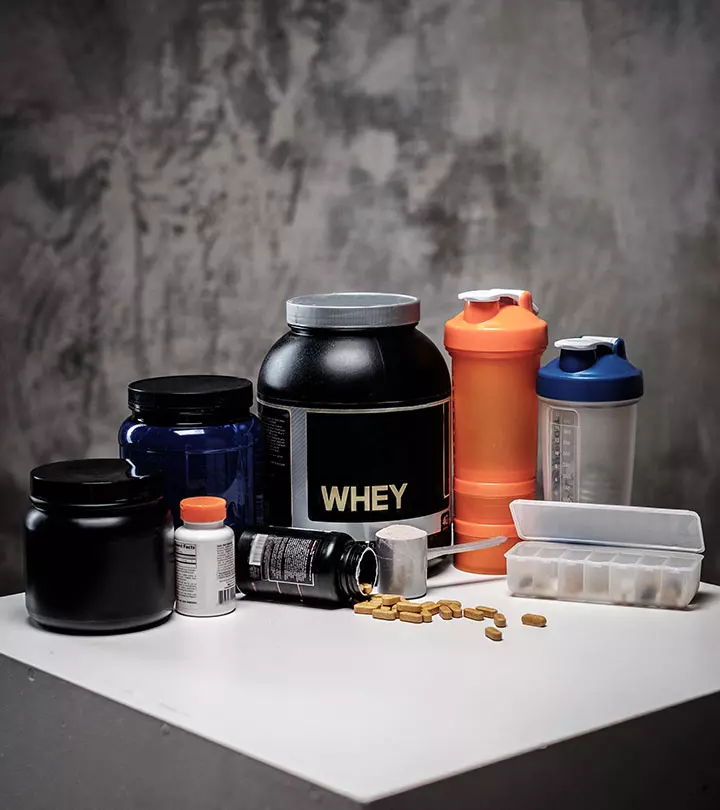
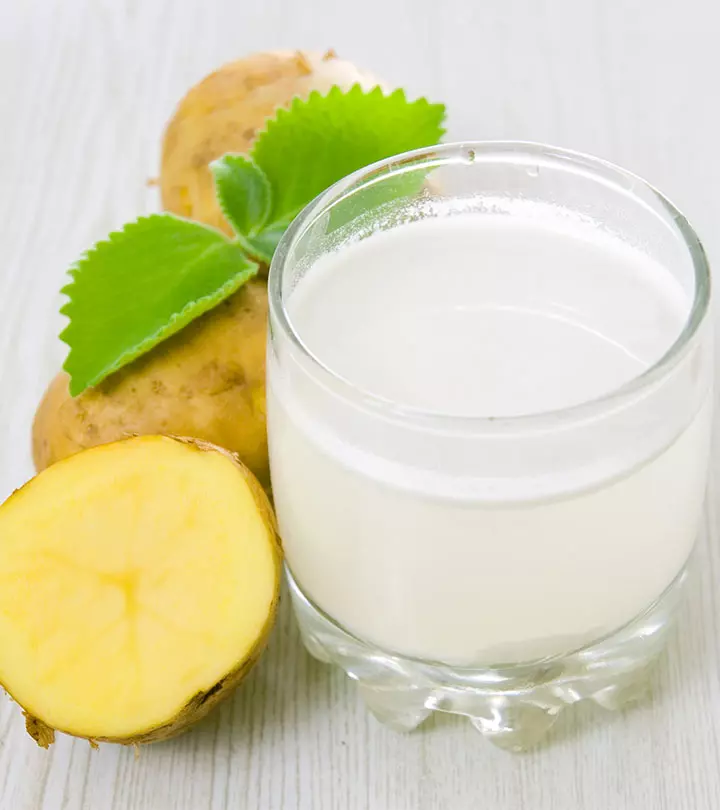

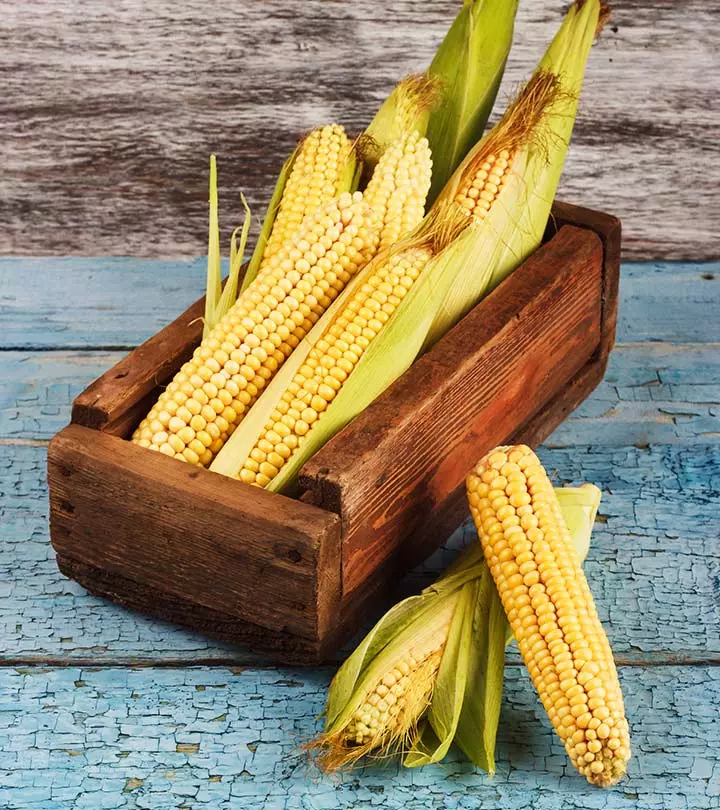

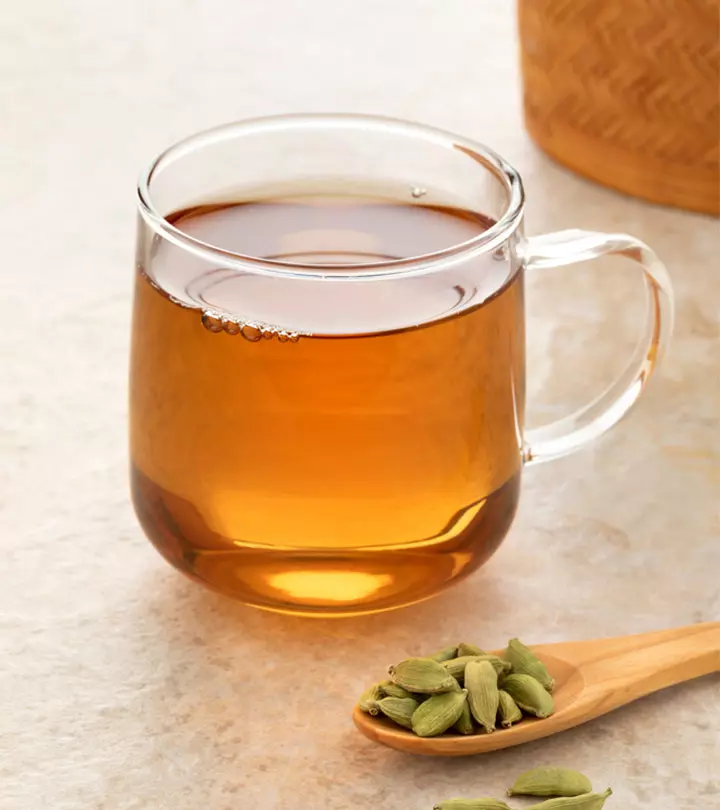
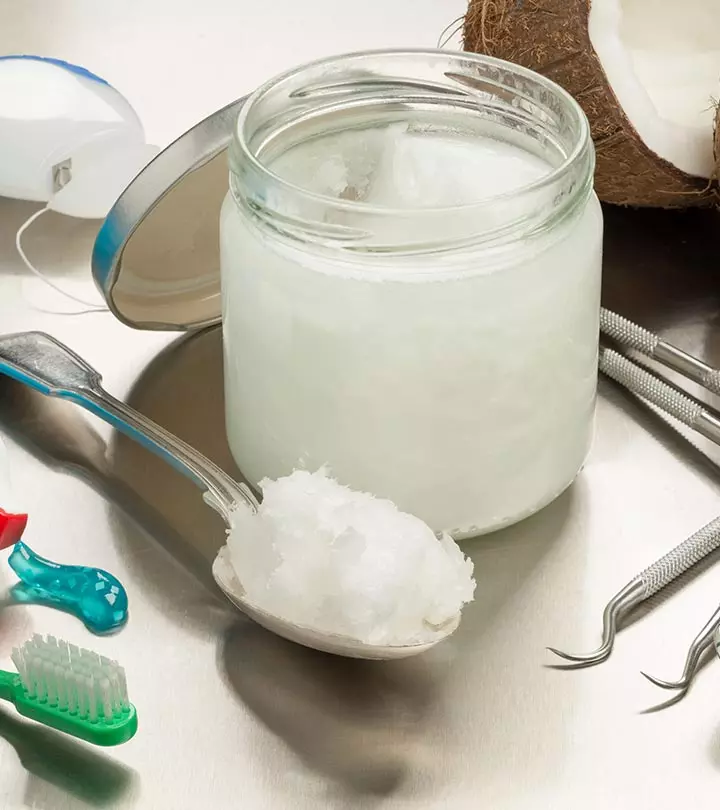


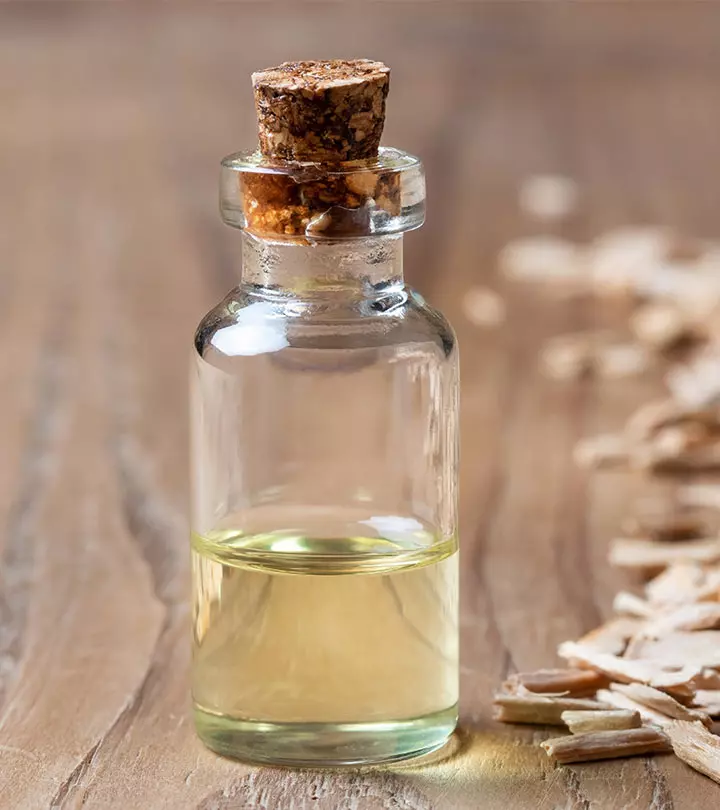
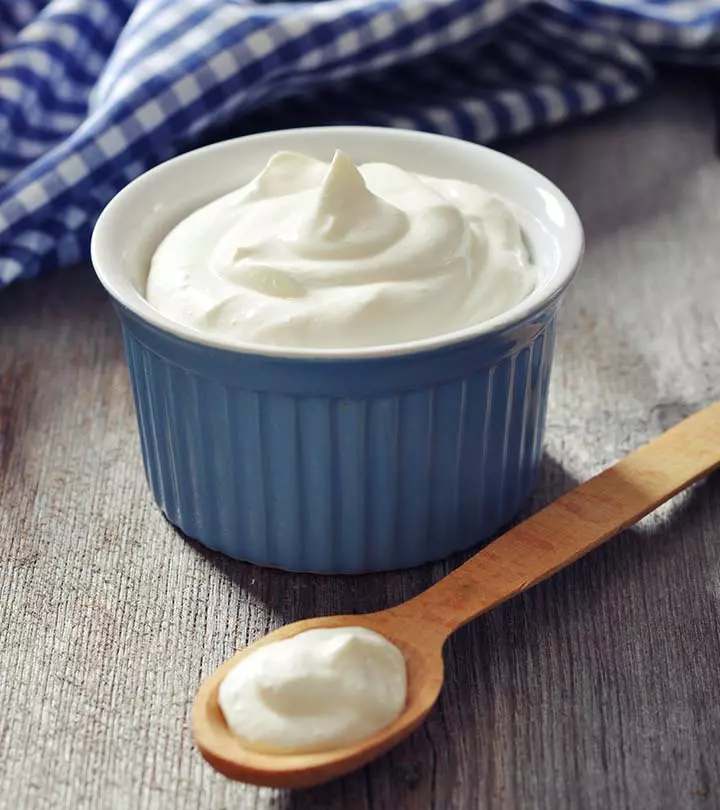
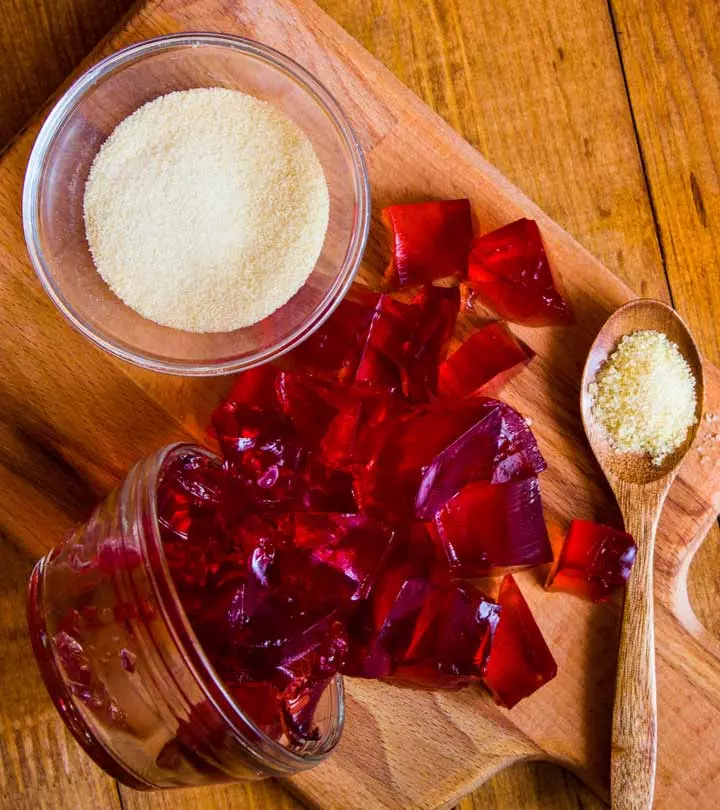

Community Experiences
Join the conversation and become a part of our empowering community! Share your stories, experiences, and insights to connect with other beauty, lifestyle, and health enthusiasts.